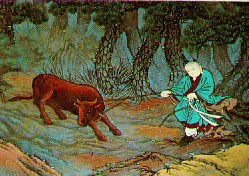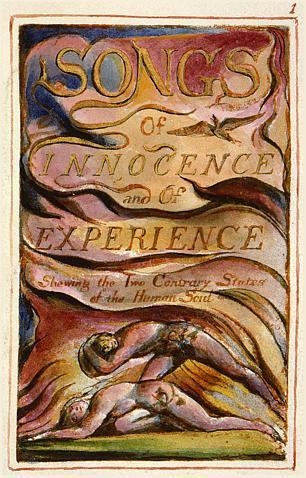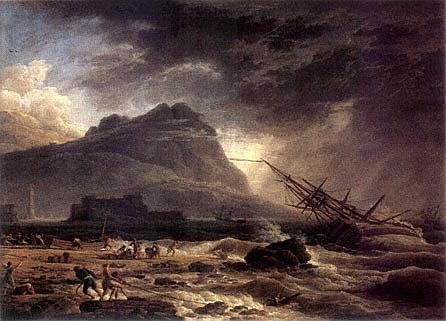ISLANDS
- chapter index -
pg. 1 - Islands | pg. 2 - Sagittarius | pg. 3 - Formentera Lady
pg. 4 - A Dragon Fig Tree's Fan | pg. 5 - The Sun | pg. 6 - Tanit
pg. 7 - The Crystal Cabinet | pg. 8 - Sailor's Tale | pg. 9 - Seizing the Ox
pg. 10 - The Letters
page index
Seizing the Ox
site index
Translate from

 The guitar and the rhythm section at this point in the composition bear a more
than passing
resemblance to
Easy Money
and the phrase "sailor's tale" suggests
activities of a carnal nature (i.e. a lonely sailor on leave in a foreign
port surrounded by temptation). Further adding to the air of carnality, the
composition is immediately followed by songs about infidelity and
promiscuity,
The Letters
and
Ladies of the Road
. In light of the alchemical nature of
Peter Sinfield's work previous to
Islands
, the album's songs of sexual experience
again suggest the influence of William
Blake.
The guitar and the rhythm section at this point in the composition bear a more
than passing
resemblance to
Easy Money
and the phrase "sailor's tale" suggests
activities of a carnal nature (i.e. a lonely sailor on leave in a foreign
port surrounded by temptation). Further adding to the air of carnality, the
composition is immediately followed by songs about infidelity and
promiscuity,
The Letters
and
Ladies of the Road
. In light of the alchemical nature of
Peter Sinfield's work previous to
Islands
, the album's songs of sexual experience
again suggest the influence of William
Blake.























 Arachnophilia
Arachnophilia